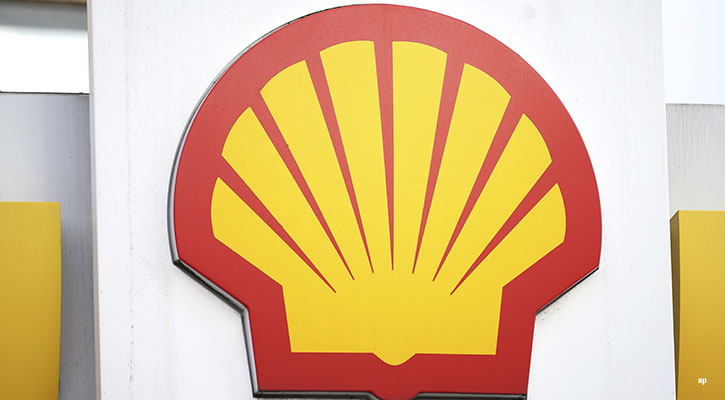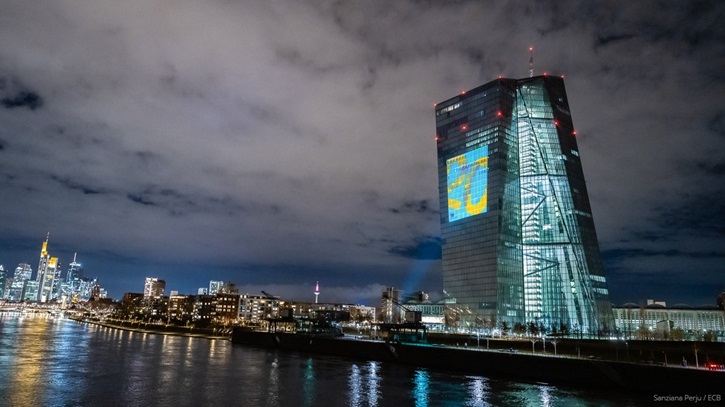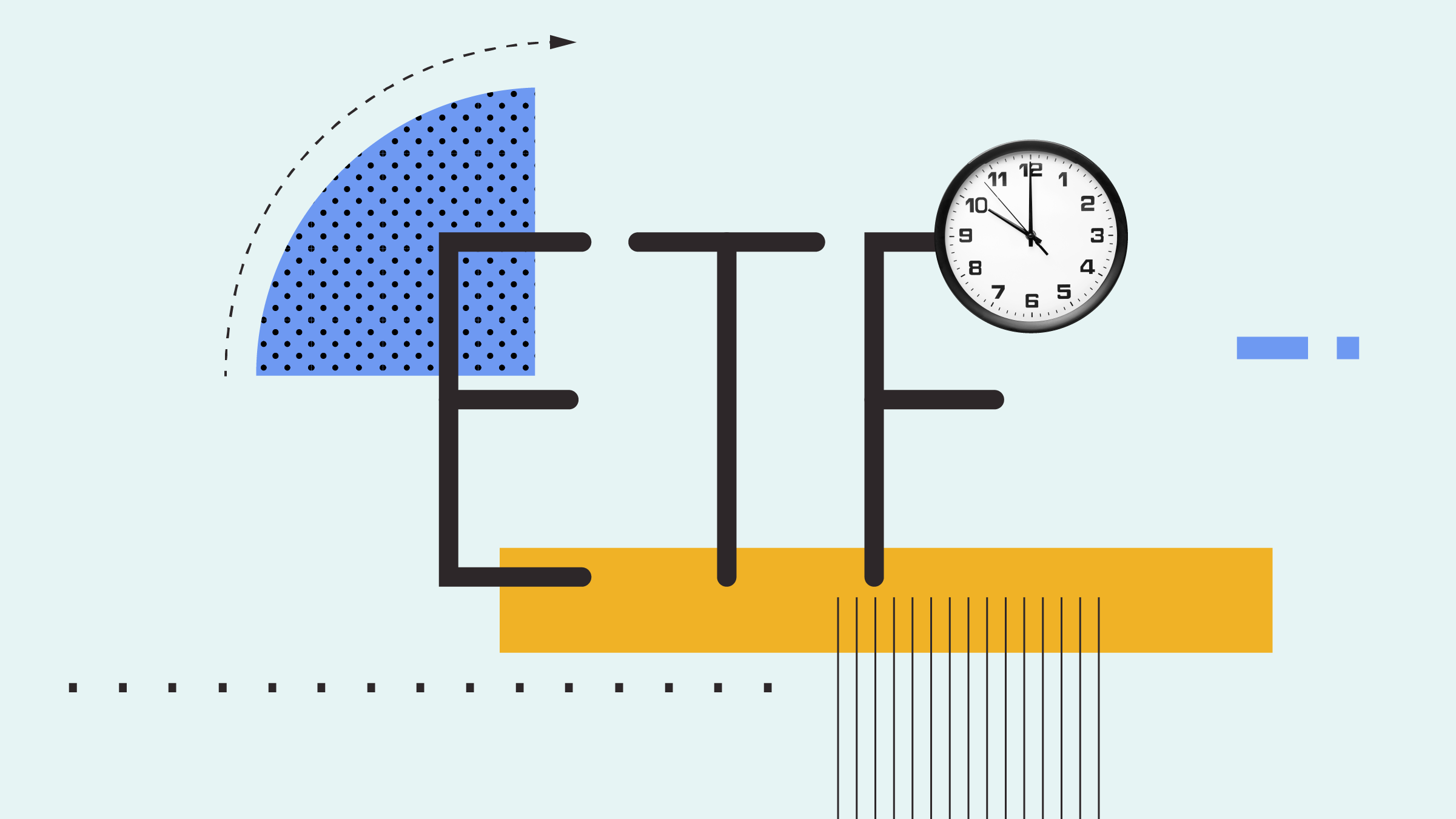
Russia's full-blown invasion of Ukraine in February 2022 marked an abrupt end to Germany's dependency on Russian gas. Overnight, the country's heavily energy-consuming industries – chemicals, pharmaceutical, glass, metal, paper – all had to adjust.
Underperforming Industry
Some have managed better than others. Overall, however, companies for which electricity, gas and other forms of energy constitute a big share of costs have underperformed the broader manufacturing sector by output. Here is how those sector's production numbers have panned out versus the manufacturing overall:
The stock market paints a similar picture. Shares in energy-dependent companies have underperformed the overall market. Here is how a snapshot of selected German manufacturing stocks have performed since 23 February 2022, the day before the invasion, compared to the Morningstar Germany Index PR. The index measures the performance of Germany's equity markets targeting the top 97% of stocks by market capitalisation.
Energy Consumption Nose-dives
In view of these numbers, it comes as no surprise that the country's energy consumption is down overall. Research institute AG Energiebilanzen (AGEB) estimates Germany's energy use in 2023 will fall to a record low of 10,784 petajoules (PJ), which is down nearly 8% from a year earlier and around 28% lower compared to its all-time high in 1990.
On the positive side, CO2 emissions also fell as a consequence, and by around 10.7% for the twelve month of 2023, the agency says. But it’s not only the economic slowdown that cooled energy demand. Warm weather and high prices also played a role, AGEB notes.
Does The Dip Mean Germany is Deindustrialising?
Sluggish manufacturing activity and comparatively high energy cost have triggered a vehement debate in the country over whether Germany is "de-industrialising".
The five sectors are heavyweight contributors to the country's gross domestic product (GDP). In 2022, they contributed around 4% of the total value added to the German economy and almost a fifth of manufacturing growth. They also secure around 2.4 million jobs, according to the Institute of German Industry.
There have been instances of plant closures and shifts of production to other parts of the world on the back of expected elevated energy cost and overall low demand. BASF [BAS], for instance, announced in February it will shut down one of its two ammonia lines (as well as other chemical lines) in its production cluster (Verbund) in Ludwigshafen, citing slow demand and high gas prices. Four months later, BASF and its Norwegian partner Yara [YAR] said it was exploring new ammonia facilities on the US Gulf Coast, which would include carbon capture and storage technology.
Likewise, Lanxess [LXS] is pivoting towards the US. "Due to weak demand, we are not currently planning any significant expansion of our production capacities", a spokesperson said in an email to Morningstar, stressing: "strategically, we consider the framework conditions for investments in the USA to be much more attractive than in Germany."
Here's what they are talking about in a chart:
Electricity prices, too, have been up in tandem with elevated natural gas costs. Wholesale electricity prices skyrocketed in 2022, though the effect on end-user industrial power prices was somewhat mitigated by lower taxes and fees.
"Persistently high energy prices have a negative impact on the competitiveness of energy-intensive companies," BASF said in an email to Morningstar.
"Access to affordable and sufficient renewable energies will remain a challenge in 2024."
Morningstar equity analyst Katherine Olexa says: "Narrow-Moat BASF has endured especially adverse circumstances stemming from persistently-elevated commodities prices and persistently-low end-market demand." It has shut down a portion of its German operations as a result and lowered operating rates in their European facilities to unusually low levels.
"We expect these circumstances will abate over time, especially as product demand normalizes moving forward, but it will take some time for this trend to fully materialize for BASF," she adds.
She now expects fundamentals to improve for the company as inventory levels normalise in Western Europe and the US.
"These two regions make up over half of BASF’s annual revenue and will support improved performance in line with their respective recoveries, moving forward," she says.
"This will be gradual, and we still expect some headwinds to prevail through 2024, but we estimate the firm will resume revenue growth around 2025, averaging 6% per year through 2027."
Some Industries Are Stuck
But not all manufacturing facilities can simply move to lower-priced energy environments. Regional demand and logistics also come into play. Here is one example: concrete.
Concrete is a product better produced and distributed locally. "Our regional focus has therefore not changed", Heidelberg Materials [HEI] says in an email.
"In the wake of the energy crisis, we have developed a savings scenario for each plant. To cushion fluctuations in the price of electricity, we align our production with the price of electricity and, for example, shift individual production processes to the weekend when the price of electricity tends to be lower", the company said.
"We also rely on alternative fuels, including bio-based fuels and green electricity - and not just since the crisis", it adds.
Companies Adapt to Volatile Energy Prices
Companies have found multiple strategies to adapt to the energy crisis: energy savings, fuel switching, strategically building and selling inventories, generating electricity onsite with renewables, importing energy-intensive precursor products as well as further optimising energy procurement and management are among the strategies that companies mentioned to us.
Heidelberg Materials says it has developed a mixed portfolio approach to energy procurement, consisting of short-term, medium-term and long-term contracts.
"Affordable and internationally competitive energy costs are essential for Germany as an industrial location in the long term. Renewable energies are crucial to the success of climate protection and must be available in large quantities and affordable", the company says.
ThyssenKrupp [TKA] says it has reviewed and optimised energy management along its entire steel process chain: "We are taking various measures: these may include modified plant operating modes, such as adapted preheating processes for large-scale plants."
Strategies also include "optimised shutdown planning" with a view to saving as much natural gas as possible and, in particular, the relocation of suitable production programmes to its plant in Duisburg in order to exploit the advantages of the energy network and thus save gas and electricity.
The company says that, looking ahead, greatest challenges for the steel industry will be the further implementation of the transformation of steel production, including the expansion of a national and international hydrogen infrastructure, as well as the procurement of affordable, increasingly green energy at global market prices.
Chemicals company Covestro [1COV] says it did not have to cut output rates in 2023 on the back of energy costs.
"We have been working intensively for many years to continuously improve our energy efficiency with the help of a professional energy management system", the company said in an email to Morningstar. It has reduced specific primary energy use by 35% between 2002 and 2020.
As a short term response to last year's energy shock, some planned investments in energy efficiency measures were brought forward to last year and supplemented by additional measures.
"Our energy savings from the energy efficiency projects implemented since 2022 amount to over 100 GWh of primary energy," it says.
"[This] corresponds to the annual energy consumption of roughly 5,000 households.”
And chemical company Evonik [EVK] says: "in Germany, our main task is to purchase energy and energy sources both cost-effectively and reliably. Although energy prices have fallen recently, we are still a long way from having internationally competitive prices in Germany."
The expansion of renewable energies will compensate for this disadvantage in the long term, the company adds. But in the short term, a politically-introduced power price cap for industrial companies would have been the right move. This is no longer on the table.
"We are now waiting to see how the political debate on this issue develops", Evonik says. A recent ruling by the constitutional court put the Berlin government's 2024 fiscal budget in jeopardy.
The company says it's also investing to increase efficiency and reduce the CO2 footprint of its amino acid production facilities in Singapore, Mobile (USA) and Wesseling. At Evonik's largest site in Marl, the group switched from coal- to gas-fired power in May 2023. These plants can be controlled and used flexibly depending on the required energy demand. The coalition partners are still fighting over how to plug the €60 billion budget gap.
Morningstar Analysts Say
Olexa says BASF earns a Narrow Moat due to its scale-based cost advantage driven by the firms differentiated Verbund production process in Ludwigshafen, which clusters plants together and connects them through a system of pipelines. The company was able to gain excess returns on invested capital thanks to that operational setup.
In November, she slightly narrowed the Fair Value Estimate to €62 from €64 per share, mostly due to the more pessimistic outlook for the company's overall performance.
"However, we maintain our expectations that the firm's performance will improve in line with global economic conditions around 2024 and beyond", she says. A major driver for the valuation is the outlook for oil and gas, which see says the firm can offset somewhat through the Verbund concept.
No-Moat Lanxess, another basic materials company, is currently trading in deep undervalued territory. The outlook for Lanxess' end markets remains weak with management expecting demand in the fourth quarter to be lower as the company continues to be hit by customer inventory management and supplier-related production limitations for its flavours and fragrances business", Morningstar analyst Diana Radu says.
"However, Lanxess intends to propose a reduction of the full-year 2023 dividend to €0.10 and plans to save €100 million this year through cost reductions and lower investments. Results are broadly in line with our view, so we don't expect to make a material change to our €65 fair value estimate.”
Evonik stocks are also trading in 4-star territory.
"As the company operates in largely mature markets, we expect volume growth to be around 3%-4% in a normalised scenario over the coming years", Radu wrote in a December 6 note.
"We expect an improvement in margins over time due to the company's cost-savings program and continuous upgrading of the mix to higher-margin products as organic growth projects ramp up".
Here is an overview of selected German manufacturing stocks. We have only included companies rated by Morningstar:












.jpg)
















